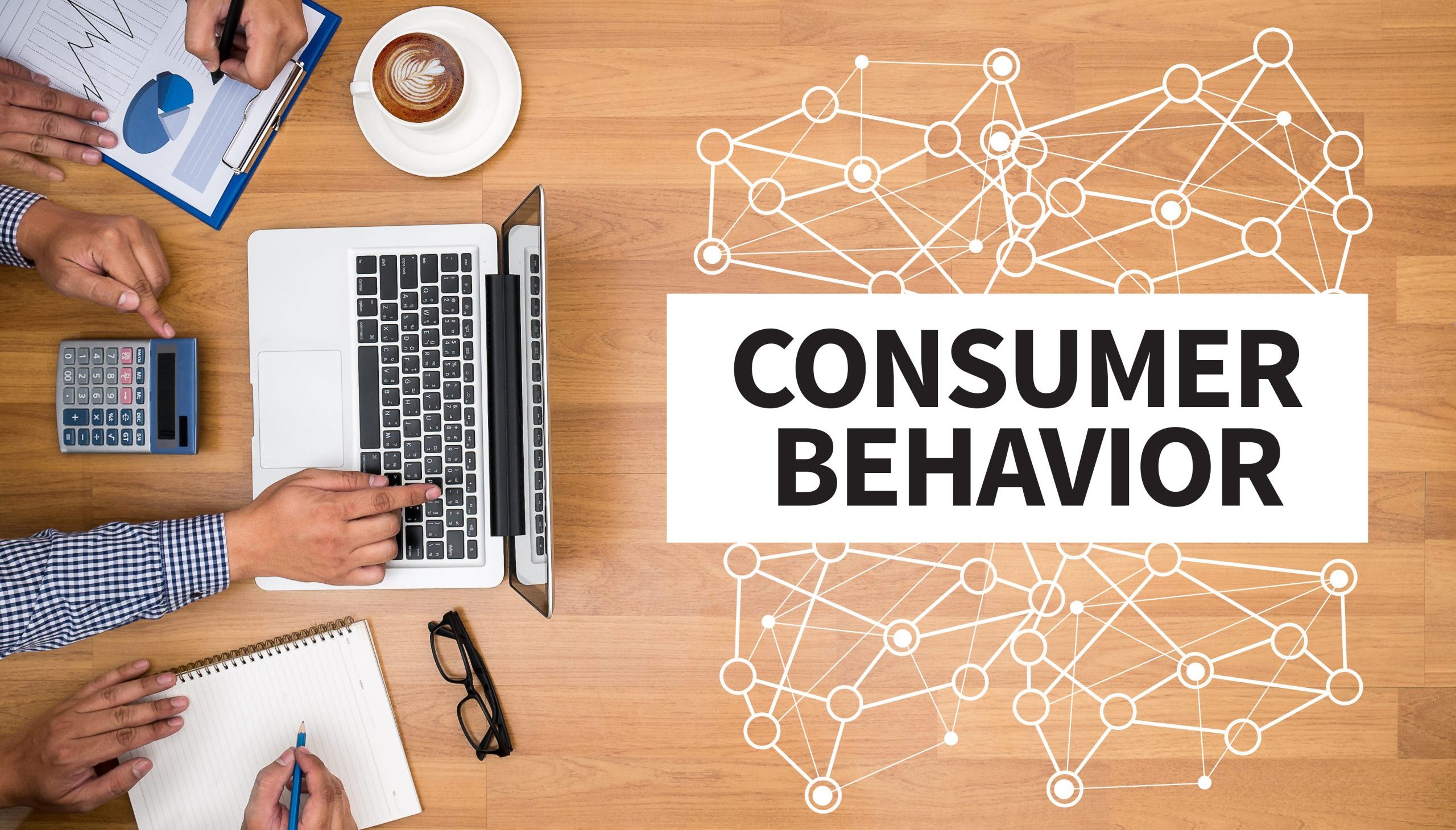The rate of internet marketing changes has become so fast that it gets harder to keep up each year for marketers and entrepreneurs alike.
Take social media marketing, for instance. This type of internet marketing used to be all the rage in the early 2000s, when Facebook and other popular social networks were launched. That prompted businesses to establish or grow their online presence by creating their very own profile on the sites. Fast-forward to the present, practically all businesses have more than a few social media profiles. But entrepreneurs and marketers haven’t hooked on social media marketing anymore. As the internet marketing landscape changed, we moved on to the next hottest trends.
Here are 5 internet marketing trends that will not only dictate all our marketing efforts but also make sure we effectively engage customers this year:
Omnichannel Marketing
There are many different channels through which customers can interact with businesses, and more are being added to the mix.
For example, aside from finding them using search engines, visit their stores and reach out to them via social networks or messenger apps, they can read reviews about them on review sites and talk to their peers about them on forums.
Strategically integrating all the possible channels together instead of leveraging them individually lets businesses not only deliver a much better customer experience, it also boosts their chances of gaining customers’ loyalty.
According to a 2017 Harvard Business Review study, omnichannel customers, or customers who engaged with brands through online and offline channels, were much more valuable than those who don’t.
Growing Artificial Intelligence (AI) Application
Keeping customers engaged using the ever-increasing number of available channels will be tough for any business if they try to do it all by themselves. Good thing AI has become sophisticated enough to help entrepreneurs manage this seemingly impossible task.
One of the many ways AI is being used for marketing is by powering chatbots. This AI software can have conversations with customers. But, unlike human customer service representatives, chatbots can provide information about products and services, process orders, or handle complaints 24/7, improving customer service. They can be built right on your website or on the messenger app your customers use. One of the most popular messenger apps is WhatsApp. According to TechCrunch, as of January 2018, WhatsApp has 1.5 billion monthly users.
Vertical Videos
On 20 June, 2018, Instagram launched IGTV, Instagram’s app for watching, creating and uploading vertical videos. Their move to focus on this type of video made it loud and clear that vertical videos were going to be big next year.
In February of 2019, LinkedIn debuted Linked Live, LinkedIn’s live video broadcast service. Many similar apps have been launched since.
Taller and with longer lengths than the other types of videos, vertical videos quickly became the preferred video type because they fit smartphone screens perfectly.
A recent study by software application company Buffer with cloud-based video creation service Animoto found that smartphones accounted for 65% of total digital usage in the first quarter of 2019, up from 62% in the first quarter of 2018. The same study also found that vertical video outperformed square video, the previously preferred video type, on Instagram and Facebook.
Voice Search Is Becoming More Popular
Thanks to smart speakers like Google Home and Amazon Echo, we can now browse the web using only our voice.
With more and more people doing so, and more and more smart speakers being produced, voice search is largely predicted to be the way we’ll all browse the web in the near future.
According to global research and advisory firm Gartner, about 30% of all searches will be done without a screen by 2020.
According to leading global technology market analyst firm Canalys, the global smart speaker installed base will grow to more than 200 million by the end of the year.
So, to stay in the game this year, optimize for voice searches.
Increased Demand for Better Personal Data Protection
When the European Union passed General Data Protection Regulation in May of 2018, the world started paying much more attention to how businesses handle personal information. So expect customers to remain cautious about their online security this year. Only those that can guarantee them a safe business experience will come out on top.




